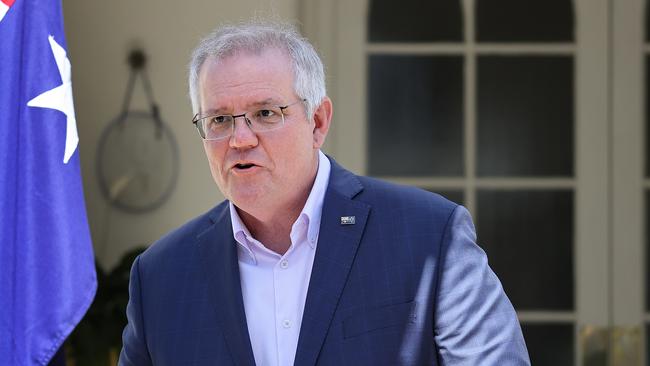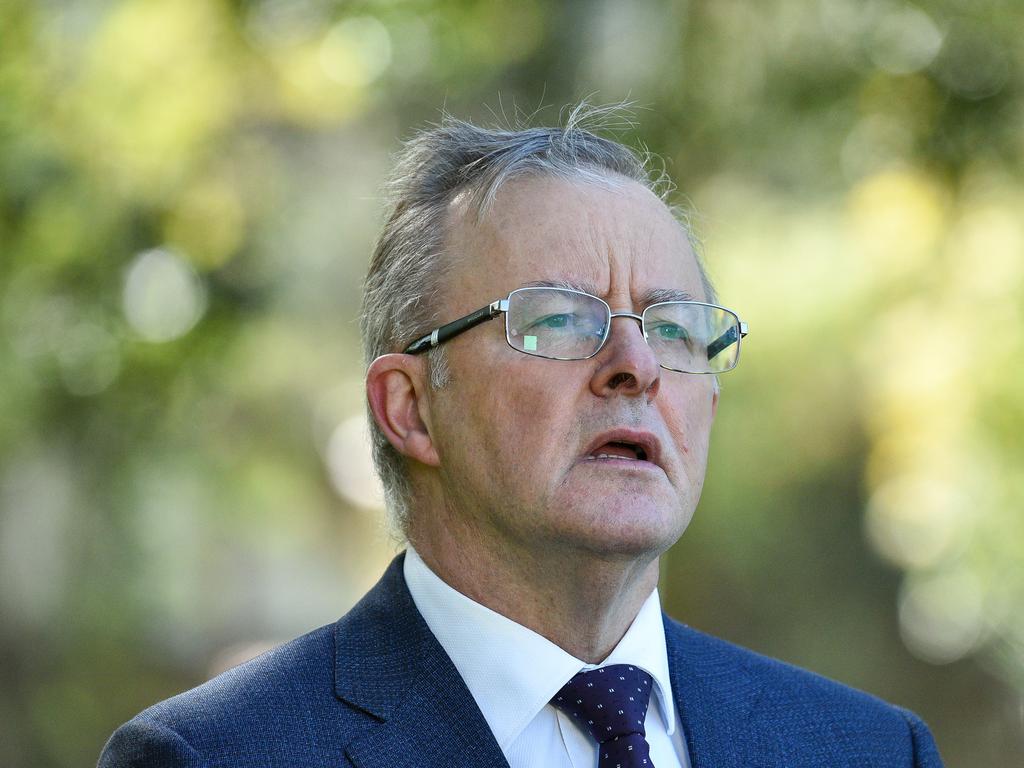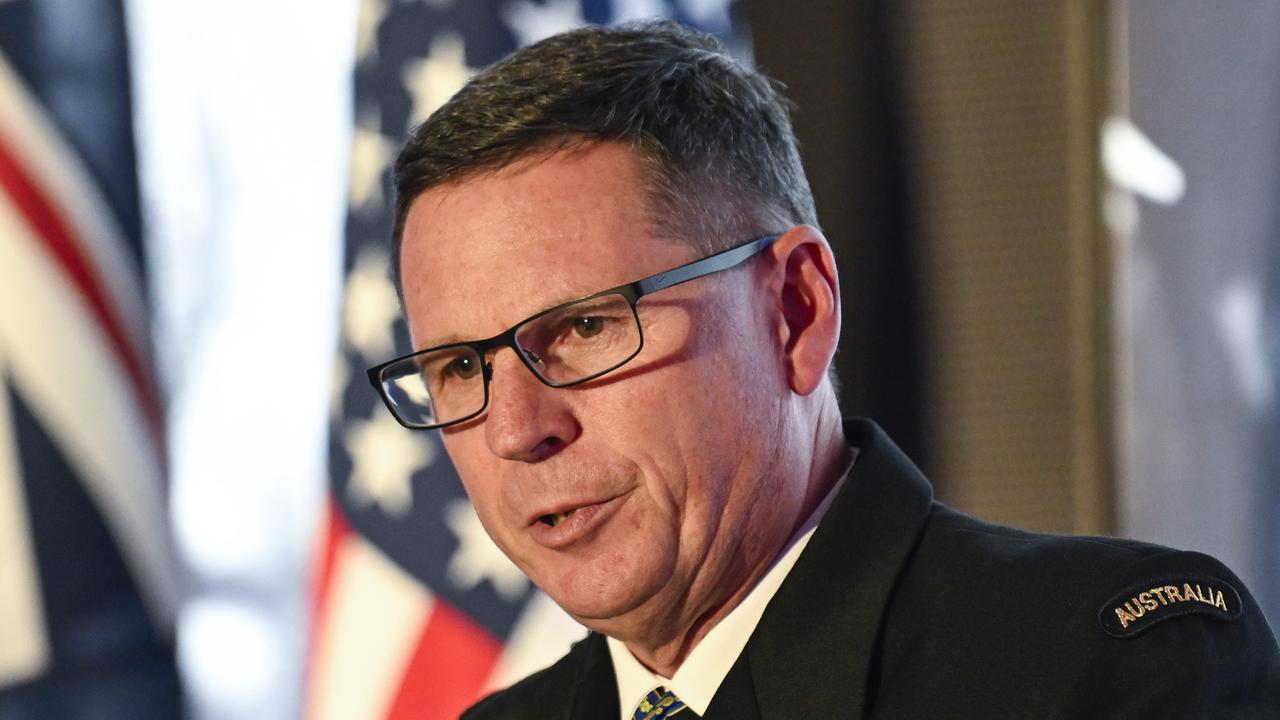Pressure on Scott Morrison’s emissions plan
Australia must strengthen its climate agenda to achieve net zero emissions by 2050.

Australia must strengthen its climate agenda to achieve net zero emissions by 2050, with pressure building for Scott Morrison’s long-term emissions reduction strategy to outline “co-ordinated, ambitious and stable climate change policy”.
Ahead of the Prime Minister’s climate crisis talks with US President Joe Biden in Washington next week, where he is expected to make announcements about Australia’s emissions goals, the Organisation for Economic Co-operation and Development warned of challenges facing the government’s low-emissions technology road map.
In its Australia 2021 economic survey released on Wednesday, the Paris-based economic organisation said “there has been a trend decline in environmental innovation over the past decade”.
“Stronger incentives for new low emission technologies are needed. While a national carbon price would be the most efficient means of achieving this, political considerations may instead require the scaling up of existing market-based instruments, such as a safeguard mechanism (a baseline-and-offset system for large emitters),” the survey said.
With the federal election expected to focus on the long-term future of regional seats heavily reliant on the resources sector, the OECD said policies must be adopted to “support the transition of workers out of fossil fuel generating industries”.
In response to Australia’s poor reporting and regulatory oversight of private sector climate pledges, the OECD said the financial sector could play a “key role in the transition to a low carbon economy”.
“Creating a road map for improving the consistency, comparability and quality of reporting of climate-related risks by listed companies and financial institutions would improve capital allocation and support investment in emission abatement projects.”
The OECD said Australia was “uniquely vulnerable to climate change” but well-placed to “benefit economically from global decarbonisation” due to its large and windy land mass, high solar radiation, ocean access and “strong human capital to form the basis of innovation in carbon abatement technologies”.
While Anthony Albanese has adopted a net zero emissions by 2050 policy ahead of the election, Labor is expected to hold off announcing its medium-term emissions targets until the Morrison government releases its long-term emissions reduction strategy ahead of November’s United Nations climate change conference in Glasgow.
Josh Frydenberg said the government remained committed to its approach of “technology, not taxes, in reaching net zero emissions as soon as we possibly can, preferably by 2050”.
“The survey acknowledges that ‘strong institutions are already in place to support these aims’,” the Treasurer said.
The OECD said with all states and territories committing to achieving net zero emissions within three decades, the national strategy must define “clear goals and corresponding policy settings”.
“Doing so could propel innovation in low carbon technologies and catalyse their diffusion throughout the economy,” it said.
The long-term emissions reduction plan should outline “specific emission-reduction targets for electricity over regular intervals that are consistent with net zero emissions by 2050”, with the OECD predicting “significant economic benefits” could be achieved from quicker reductions.








To join the conversation, please log in. Don't have an account? Register
Join the conversation, you are commenting as Logout